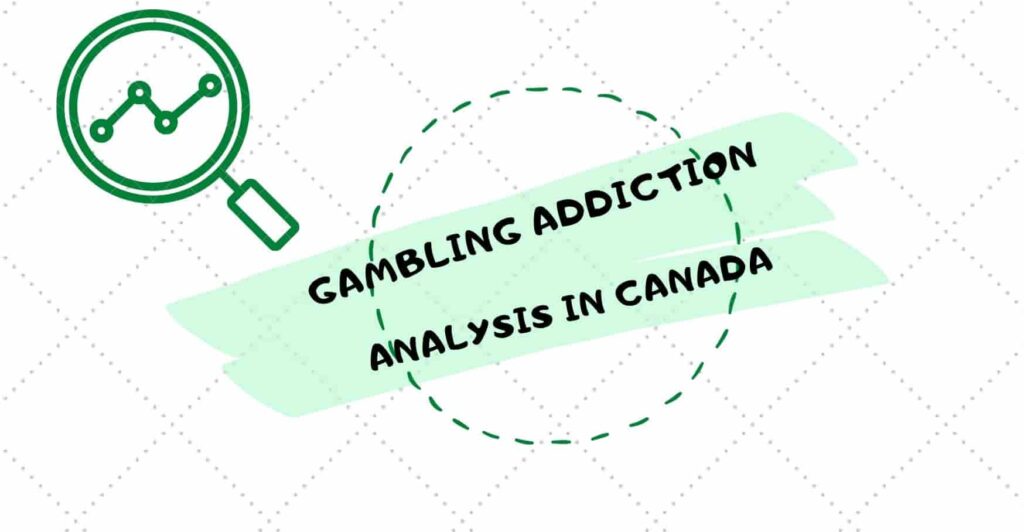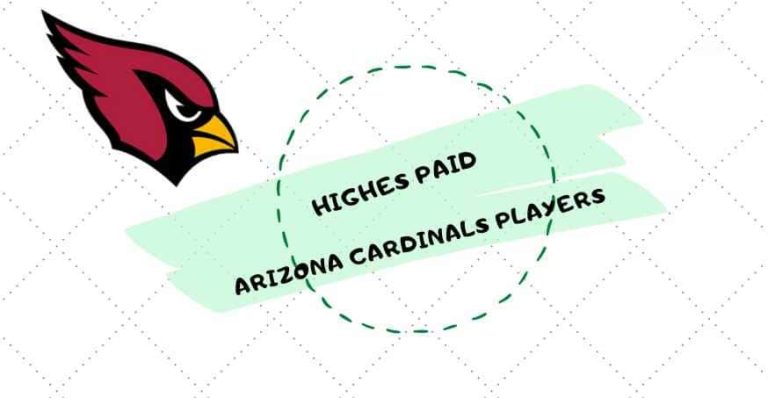Gambling addiction, often referred to as problem gambling, is a critical issue in Canada, impacting individuals, families, and communities. This article provides an in-depth examination of gambling addiction in the Canadian context, supported by relevant statistics and insights provided by spincastle.com

Understanding Gambling Addiction in Canada
Gambling addiction is characterized by an uncontrollable urge to gamble, despite the negative consequences it may have on one’s life. In Canada, this issue has been increasingly recognized as a public health concern, with various studies and surveys shedding light on its prevalence and impact.
Prevalence and Demographics
According to a 2023 report by the Canadian Centre on Substance Use and Addiction (CCSA), approximately 2.6% of the Canadian adult population experiences problem gambling. This translates to nearly 780,000 individuals grappling with gambling-related issues. The report further highlights that gambling addiction is more prevalent among males, with men constituting about 60% of problem gamblers in Canada.
Economic Impact
The economic repercussions of gambling addiction in Canada are substantial. The Canadian Gaming Association estimates that problem gambling costs the Canadian economy approximately CAD 14 billion annually. These costs include healthcare expenditures, lost productivity, and social services expenses.
Types of Gambling and Associated Risks
The landscape of gambling in Canada is diverse, ranging from casinos and lotteries to online betting platforms. A 2022 study revealed that online gambling poses a higher risk for addiction, with about 18% of online gamblers showing signs of problem gambling, compared to 9.2% of traditional gamblers.
Age and Gambling Addiction
Age plays a significant role in gambling addiction. Research indicates that younger individuals, particularly those between 18 and 34, are more susceptible to developing gambling problems. This demographic accounts for approximately 40% of all problem gamblers in Canada.
The Link Between Mental Health and Gambling Addiction
There is a strong correlation between gambling addiction and mental health disorders. A survey conducted in 2023 found that 35% of individuals with gambling addiction also suffer from depression, and 28% have anxiety disorders. This interplay highlights the need for integrated treatment approaches addressing both gambling addiction and underlying mental health issues.
Indigenous Communities and Gambling Addiction
Indigenous communities in Canada face unique challenges regarding gambling addiction. A 2024 study by the Indigenous Gaming Regulators (IGR) reported that problem gambling rates in Indigenous populations are nearly double the national average. Cultural, social, and economic factors contribute to this heightened vulnerability.
Government and Community Responses
The Canadian government, along with provincial authorities, has implemented various initiatives to combat gambling addiction. These include public awareness campaigns, funding for addiction treatment programs, and the establishment of helplines and counseling services. For instance, the Responsible Gambling Council (RGC) operates programs across Canada to promote responsible gambling and provide support to those affected by gambling addiction.
Treatment and Support Services
There is a growing network of treatment and support services for gambling addiction in Canada. These services range from counseling and therapy to support groups and rehabilitation programs. In 2023, the Canadian government allocated an additional CAD 50 million to enhance these services, recognizing the need for comprehensive support systems.

Future Challenges and Opportunities
As the gambling landscape in Canada continues to evolve, particularly with the rise of online gambling, the challenge of addressing gambling addiction becomes more complex. Future efforts will need to focus on early intervention, tailored treatment programs, and ongoing research to understand better and address this multifaceted issue.
Gambling addiction in Canada is a multifaceted problem with far-reaching consequences. It requires a concerted effort from government bodies, healthcare providers, community organizations, and individuals to effectively address and mitigate its impact. Through continued research, targeted interventions, and comprehensive support systems, Canada can make significant strides in tackling this pressing public health issue.



